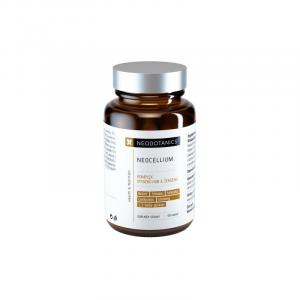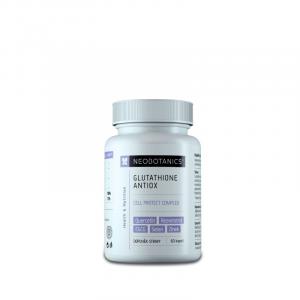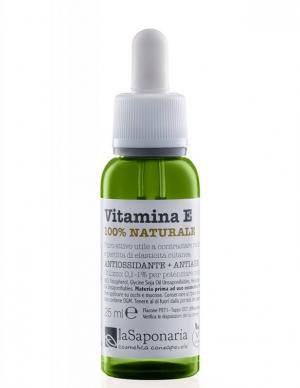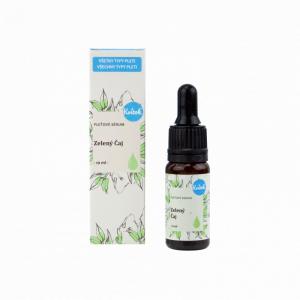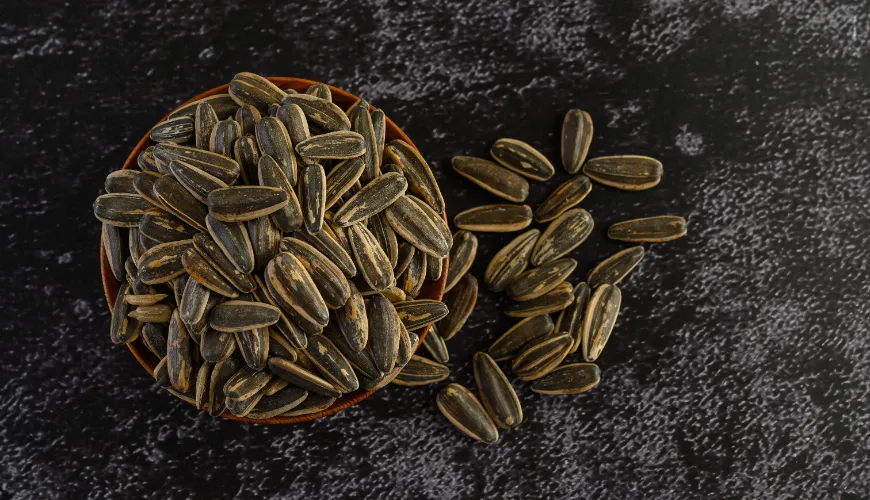
How to Incorporate Animal Proteins into a Balanced Diet

Plant-Based vs Animal Proteins: How to Choose?
Proteins are one of the fundamental building blocks of life. They are essential for growth, regeneration, and the proper functioning of the body. In today's world, where nutrition is increasingly a topic of discussion and lifestyle choices, more and more people are asking: Are animal proteins or plant proteins better? And can the body function fully if it completely avoids some types of proteins?
The difference between animal and plant proteins is not just about origin. Their composition, absorption, and environmental impact also play crucial roles. It's not just about individual health but also broader ecological and ethical implications. In this article, we'll explore what animal proteins are, their advantages and disadvantages, and why more people are leaning towards a plant-based diet.
What are Animal Proteins and Where to Find Them
Animal proteins are those that come from animals. They contain all essential amino acids, which the human body cannot produce on its own and must obtain from food. This is their primary advantage—animal products provide a complete protein that is very well absorbed.
Foods that are excellent sources of animal proteins include mainly meat—whether beef, pork, chicken, or lamb—as well as fish and seafood, traditional eggs, and of course, dairy products like cheese, yogurt, or cottage cheese.
For example: 100 grams of chicken breast contains approximately 31 grams of protein, whereas the same amount of lentils contains only 9 grams. However, this does not mean that plant sources are inferior—they just have different properties and nutritional profiles.
Plant-Based vs. Animal Proteins: How Do They Differ?
While animal proteins are "complete" and contain all nine essential amino acids, most plant proteins are incomplete—missing some amino acids or present in smaller amounts. Exceptions include soy, quinoa, and buckwheat, which contain complete protein.
This does not mean that vegetarians or vegans suffer from a lack of protein. It is important to combine different plant sources to complete the full spectrum of amino acids. For instance, combining legumes with whole grains (e.g., lentils with rice) is nutritionally very beneficial.
Another difference is the content of fats and cholesterol. Animal products often contain higher amounts of saturated fats and cholesterol, which can be problematic for people with cardiovascular diseases. In contrast, plant proteins are usually accompanied by healthy fats, fiber, and antioxidants.
Try our natural products
In terms of absorption, animal proteins have a slight advantage— the body can process them more efficiently. However, the overall diet composition and digestive system health also play a role.
And what about the environment? Producing animal proteins is significantly more demanding—it requires more water, land, and leads to higher greenhouse gas emissions. From this perspective, plant sources are not only healthier but also more planet-friendly.
Allergies to Animal Proteins
While allergies to gluten or lactose are quite well-known today, allergies to animal proteins are talked about much less. Yet, it is a real health issue that can significantly affect quality of life.
The most common is allergy to cow's milk, especially in infants and young children. The body reacts to casein or whey proteins, causing eczema, digestive issues, or even respiratory difficulties. In adults, allergies to egg proteins or meat can also develop, although these are more of an exception.
Moreover, there is a specific type of allergy known as alpha-gal syndrome, where the immune system reacts to a carbohydrate present in red meat. This allergy can develop after a tick bite and leads to delayed but severe reactions after consuming beef or pork.
Many people do not associate this with proteins—instead, they look for causes in lactose intolerance or other food components. A professional examination by an allergist is therefore key to an accurate diagnosis.
Are Plant Proteins Sufficient for Athletes and Children?
One of the common myths is that muscles cannot be built without animal proteins or that growing children's needs cannot be met. However, studies show that with a well-designed diet, it is possible to achieve all nutritional goals through a purely plant-based approach.
For instance, the American Academy of Nutrition and Dietetics confirms that a well-planned vegetarian and vegan diet is suitable for all age groups, including pregnant women, infants, and teenagers. The key is variety and focusing on quality protein sources such as legumes, tofu, tempeh, nuts, seeds, and whole-grain products.
A well-known example is tennis player Venus Williams, who switched to a vegan diet after being diagnosed with an autoimmune disease. Yet, she maintained top athletic performance and says herself: "I am proof that plant-based nutrition can be strong, powerful, and sustainable."
Why Reconsider the Ratio of Animal to Plant Proteins in Your Diet?
Health recommendations increasingly suggest reducing animal product intake and increasing the share of plant foods. This does not necessarily mean switching to veganism but rather finding a balance. Flexitarianism—mainly a plant-based diet with occasional consumption of meat or dairy products—is becoming a path chosen by more people.
The benefits are clear: lower risk of cardiovascular diseases, type 2 diabetes, and certain types of cancer. Moreover, a plant-based diet is richer in fiber, antioxidants, and phytonutrients, which are key to preventing chronic diseases.
And what about ethics and ecology? More and more consumers consider the origin of food and how it was produced. Animal products often come from industrial farms where animals live in inadequate conditions. Switching to plant proteins can thus also be ethics on the plate.
How to Start and What to Include in Your Diet
If you decide to reduce your intake of animal proteins, there is no need to make radical changes overnight. Start gradually— for instance, skip meat on some days of the week, replace yogurt with soy, or try hummus instead of egg spread.
Quality plant-based protein sources include:
- Legumes (lentils, chickpeas, beans)
- Tofu and tempeh
- Nuts and seeds (chia, sunflower, hemp)
- Whole grains (couscous, quinoa, buckwheat)
- Plant-based meat alternatives (e.g., seitan, vegan burgers)
With the help of quality recipes and a bit of creativity, you can create a tasty and nutritious diet that provides everything you need. And what's more—it will be kind to people, animals, and the planet.
Changing habits in nutrition reflects greater awareness and the effort to live healthier and more responsibly. Whatever path you choose, the key is being informed, diverse, and open to new possibilities.
